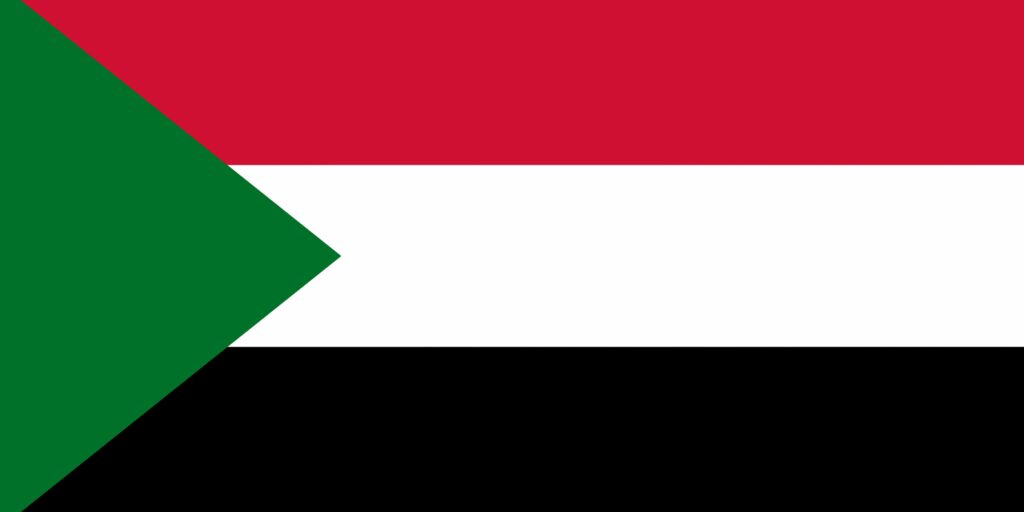Ban Ki-moon said the decision could cause “irrevocable damage” to the humanitarian operations in Sudan.
The order came after the International Criminal Court (ICC) issued an arrest warrant for Sudanese President Omar al-Bashir over alleged war crimes.
Aid agencies have expressed concern over the potential impact of the move on thousands of displaced people.
The African Union and Arab League have said they will ask the UN to defer the warrant for a year, saying that arresting Mr Bashir could derail attempts to bring stability to Sudan.
A statement from Mr Ban’s office said the decision to expel 13 non-governmental organisations “will, if implemented, cause irrevocable damage to humanitarian operations there”.
“The operations of these agencies are key to maintaining a lifeline to 4.7m Sudanese people who receive aid in Darfur,” it said.
The statement also expressed concern about the safety and security of national and international humanitarian workers in Sudan and their assets.
“The confiscation of equipment, money and other materials is unacceptable and must end immediately,” it said, while stressing that the agencies involved affected had acted “in a neutral and impartial manner”.
Children suffering
Among the international aid groups ordered out of Darfur are Oxfam, Care, Medecins Sans Frontieres and Save the Children UK.
Sarah Jacobs of Save the Children Africa told the BBC that children in Sudan would suffer if the charity was prevented from operating in the country.
“We support 50,000 children, trying to protect them from abuse, from physical and sexual violence, trying to get them back into school,” she said.
“These are very traumatised children, many of them, and it’s essential that Save the Children UK and other aid organisations are able to deliver essential aid to communities, otherwise life is going to get even worse for them.
“Our job now is to make sure that we appeal against that request and that we stay to support the children that we’re looking after across the country.”
A spokesman for Oxfam in neighbouring Kenya, Alun McDonald, said Oxfam was also appealing against the expulsion decision and hoped things could be resolved.
He said Oxfam had not been given a deadline to leave by the Sudanese authorities and Oxfam workers in the country would stay at home in the hope that they might be able to resume work in the future.
“We are delivering mainly water and sanitation to 600,000 people,” said Mr McDonald.
“The people of Darfur have suffered terrible violence. They are living in camps in pretty desperate conditions. If we are forced to leave, people will have to go without water, sanitation, food medicine… lots of vital services.”
‘Beyond remit’
But some Sudanese government officials have accused humanitarian organisations of using aid as a cover to achieve a political agenda.
Abdalmahmood Abdalhaleem Mohamed, Sudan’s ambassador at the UN, said the country would “deal very clearly with any organisation that is violating the hospitality of the country”.
Sudan’s deputy permanent representative to the AU, Akuei Bona Malwal, told the BBC that the agencies had been “deemed to have worked beyond the permit that was given to them”.
He said it was a “coincidence” that the agencies had been expelled on the same day as the ICC issued the warrant.
Vanessa Van Schoor, Medecin Sans Frontieres’ operation manager in Sudan, said that while she could not say whether the expulsion were directly connected to the ICC’s announcement, the order to leave came within half an hour of the ICC’s news conference.
Ms Van Schoor denied that MSF staff were in Sudan for anything other than medical purposes, and said the agency had always worked in “full transparency” with the Sudanese government.
“Yet for some reason, they’ve chosen to throw us out of the country,” she said.
“We’re lost. We don’t understand how this political judicial process has meant that delivery of food, healthcare and water supply is put in jeopardy.”
Instability fears
The conflict in Darfur flared into open violence in 2003 when rebel groups took up arms against the government in Khartoum, complaining of discrimination and neglect.
Mr Bashir has been charged by the ICC with two counts of war crimes: intentionally directing attacks against civilians and pillaging.
He is also accused of five crimes against humanity counts: murder; extermination; forcible transfer; torture and rape.
The arrest warrant has been greeted by human rights groups as a step towards justice for the 300,000 people the UN says have died and the nearly three million who have fled their homes as a result of the conflict in Dafur.
But it has been criticised by many in Sudan and by groups including the AU and the Arab League, which have agreed to send a joint delegation to the New York to press the UN Security Council to delay the indictment.






